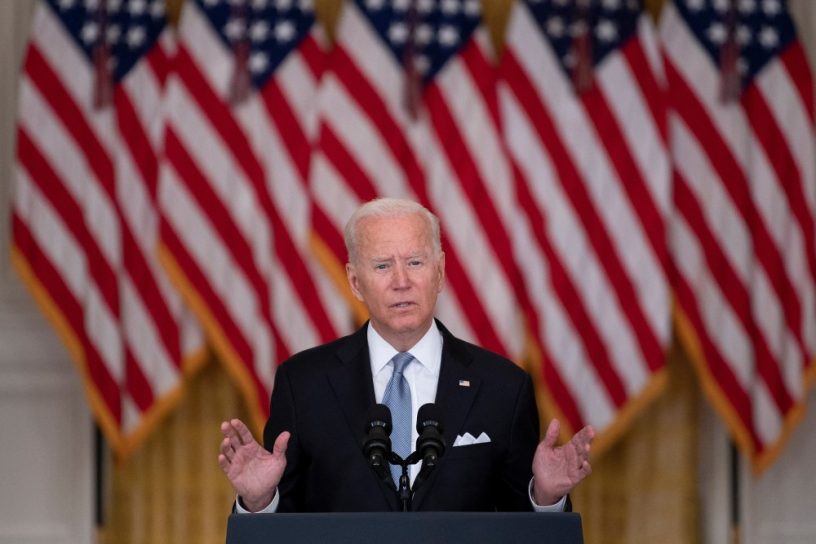
The inability of his administration to provide safe passage to thousands of Afghans who helped the US – and allied forces – during the war is just one aspect of the troubling story
Authors:
Deepanshu Mohan, Centre for New Economics Studies (CNES), Jindal School of Liberal Arts and Humanities, O.P. Jindal Global University.
Summary:
There was something striking in the recent televised address made by US President Joe Biden to his nation – and to the world – responding to the chaotic situation and unrest in Afghanistan after the United States announced a pull out of all its troops and citizens from the country, ending a 20-year-old war. Biden said, “We’ll continue to speak out for the basic rights of the Afghan people — of women and girls — just as we speak out all over the world…I have been clear that human rights must be the centre of our foreign policy, not the periphery.”
The reference made by Biden to ‘human rights’ being at the centre of American foreign policy, its importance and the extent to which it implies the moral, ethical claim that the ‘rights’ of everyone – not just American citizens – matter for their own cause, is noteworthy. However, somewhere it made me look back at a chapter on “Human Rights and Its Global Imperatives”, written by Amartya Sen in his 2009 book The Idea of Justice.
In it Sen argues,
“There are many scholars and intellectuals who see the idea of human rights as nothing more than ‘bawling on paper’ (extending Jeremy Bentham’s derisive critique of human rights). The ‘existence’ of human rights is obviously not like the existence of, say, Big Ben in the middle of London. Nor is it like the existence of a legislated law in the statute book. Proclamations of human rights, even though stated in the form of recognising the existence of things that are called human rights, are really strong ethical pronouncements as to what should be done. They demand acknowledgment of imperatives and indicate that something needs to be done for the realisation of these recognised freedoms that are identified through these rights.”
It is important here to see how, according to Sen, the force of assertion about the ‘existence of human rights’ lies in the recognition of some important freedoms that, it is claimed, should be respected, and correspondingly in the acceptance of obligations by the society, in one way or another, to support and promote these freedoms.
Published in: The Wire
To read the full article, please click here


